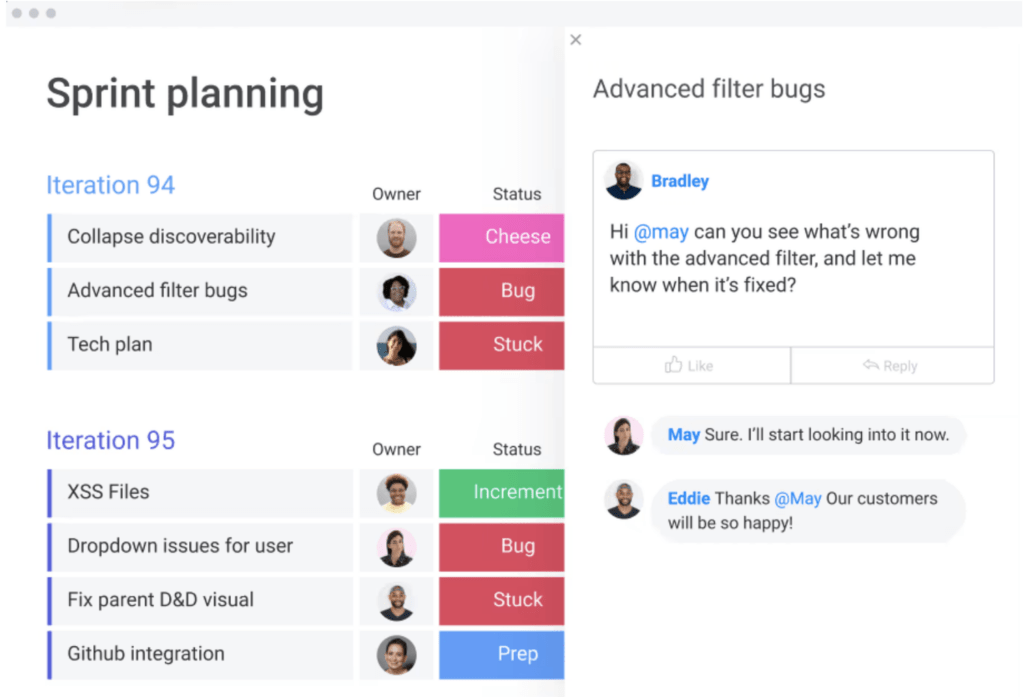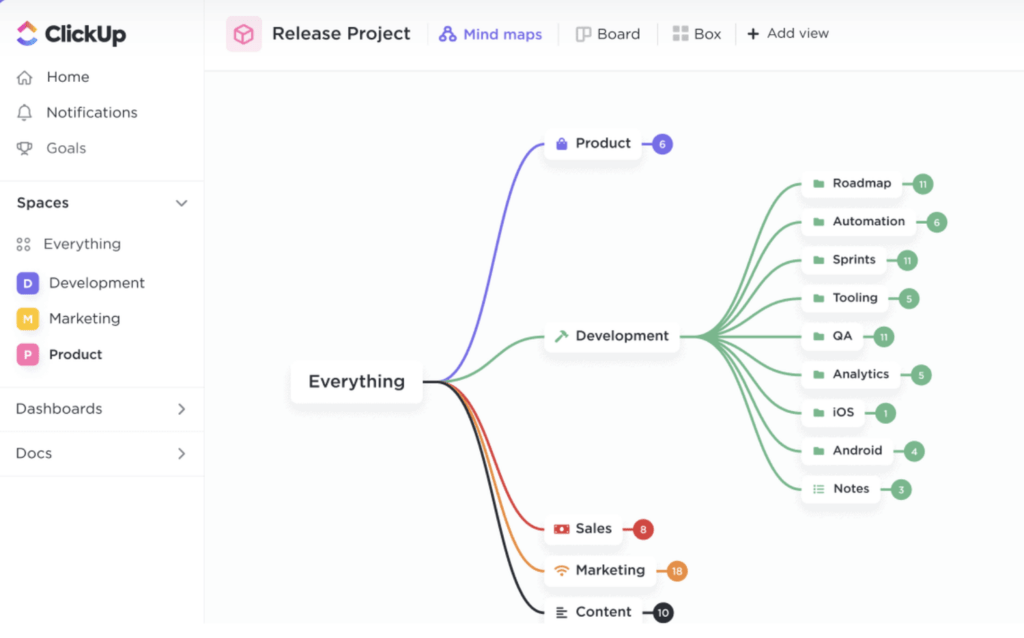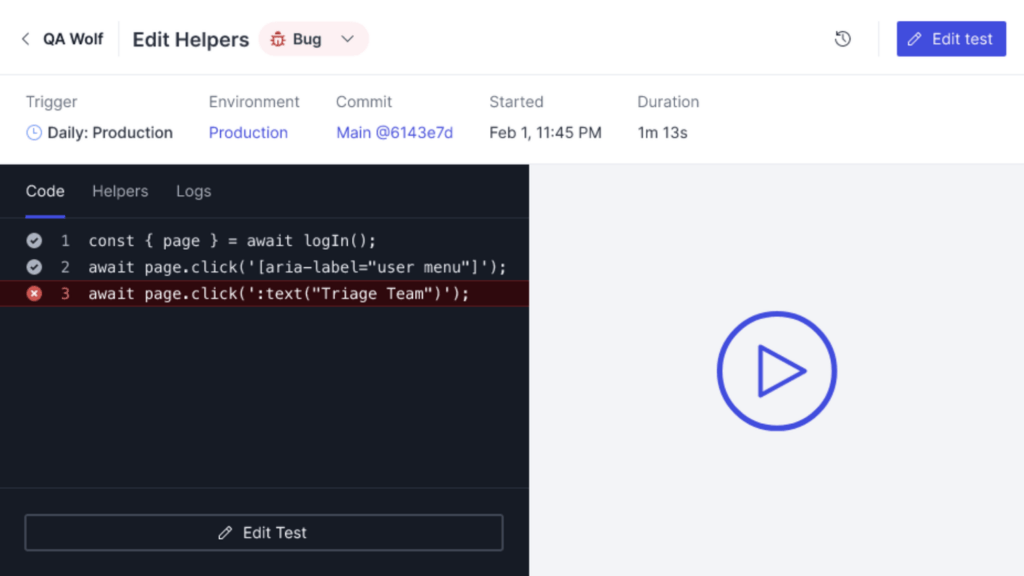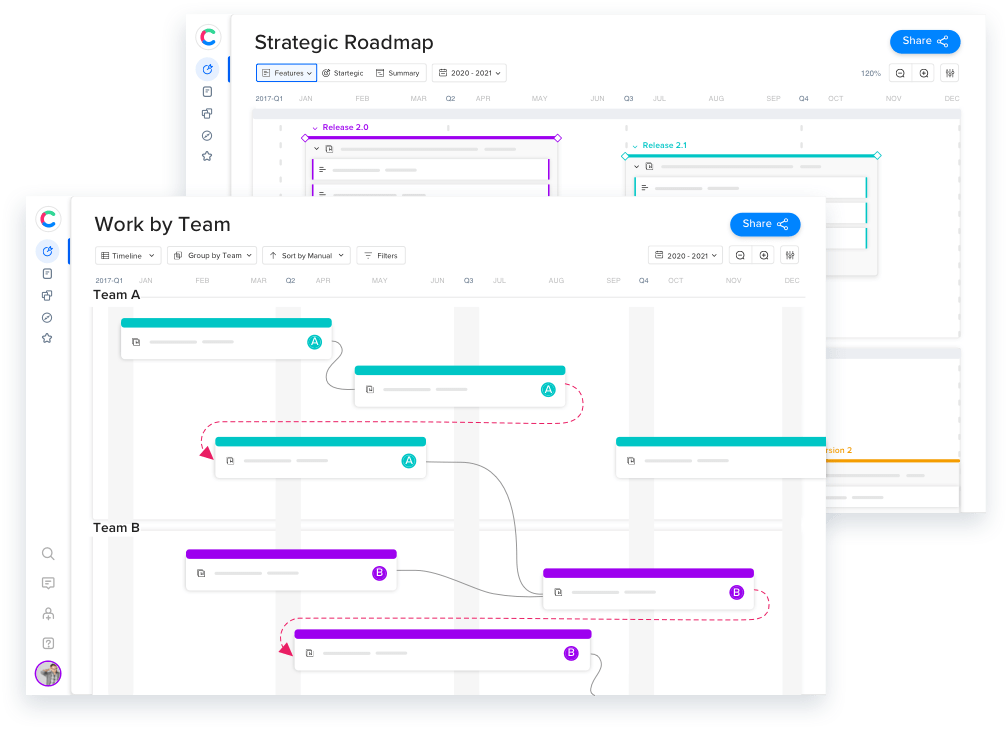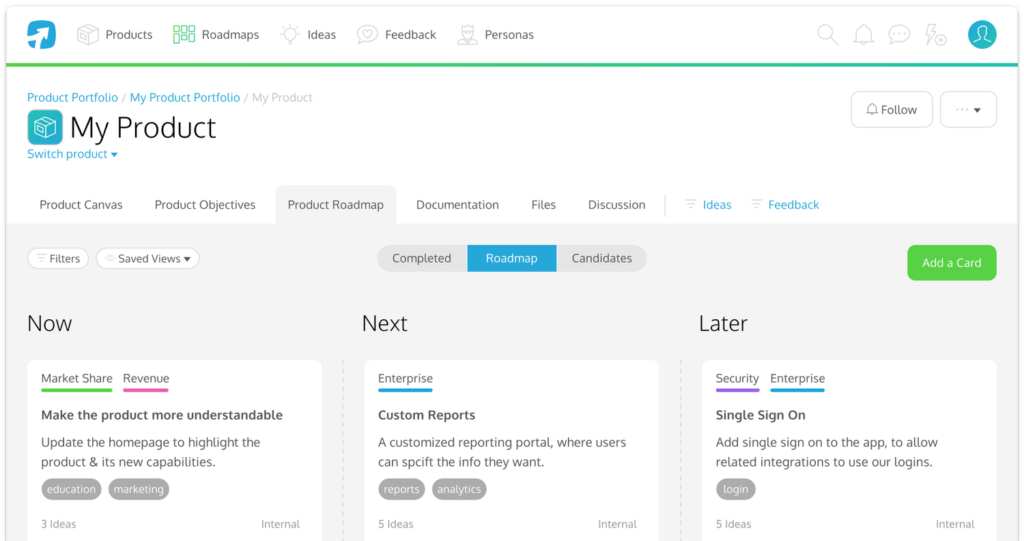In recent years, the competition for talents in the technology space has become more heated as the talent shortage especially in Southeast Asia widens. Chinese and American technology giants seeking to expand their growing market presence in this region, such as Tencent, Tiktok and Zoom, are offering better welfare benefits and higher rates for them. It is however important to note that technically skilled product managers are more likely to earn more than those who are not. Hence, all aspiring and existing product managers need to be equipped with technical knowledge and skills of prevailing software and tools that companies are actively looking out for.
Product management tools are applications which empower professionals in product teams to brainstorm ideas, plan timelines, analyse business needs, and identify gaps till the development and launching of the product. These applications can range from performing one stage of the product life cycle to covering end-to-end processes.
So you may ask, what does it take to get into product management? Which product management software should I brush up on to stay relevant in this industry? To answer these questions, this article will be focusing on the top 5 high-value product management software that any aspiring product manager should master.
Here are 5 of the most prevalent product management tools that everyone should know:

